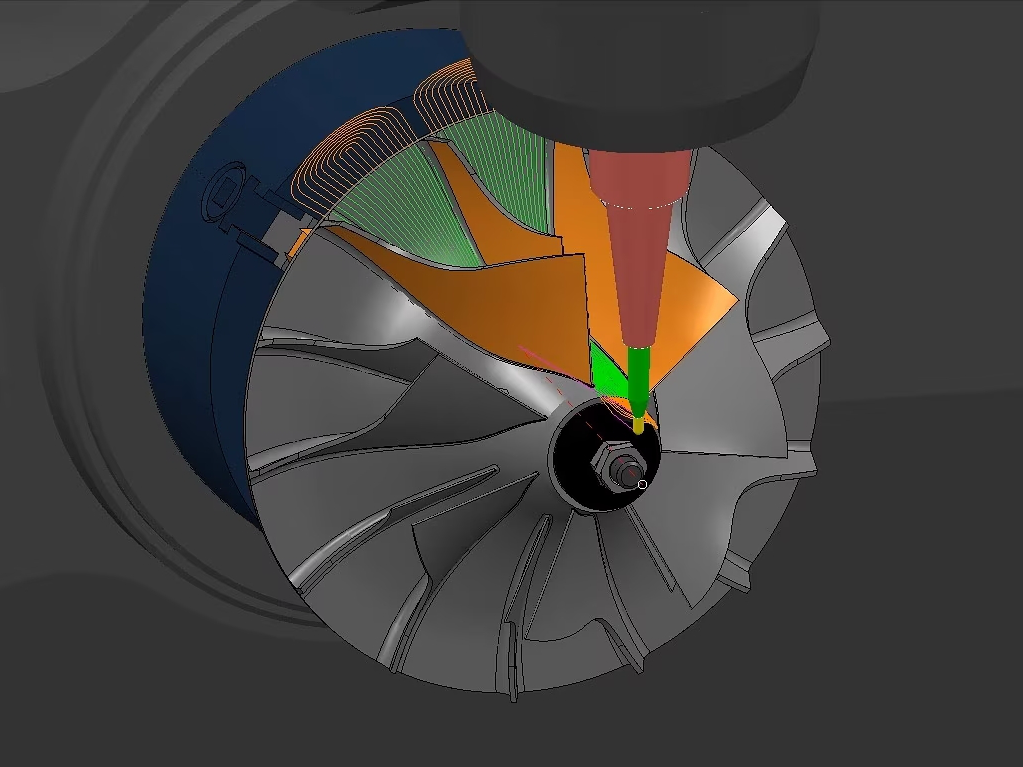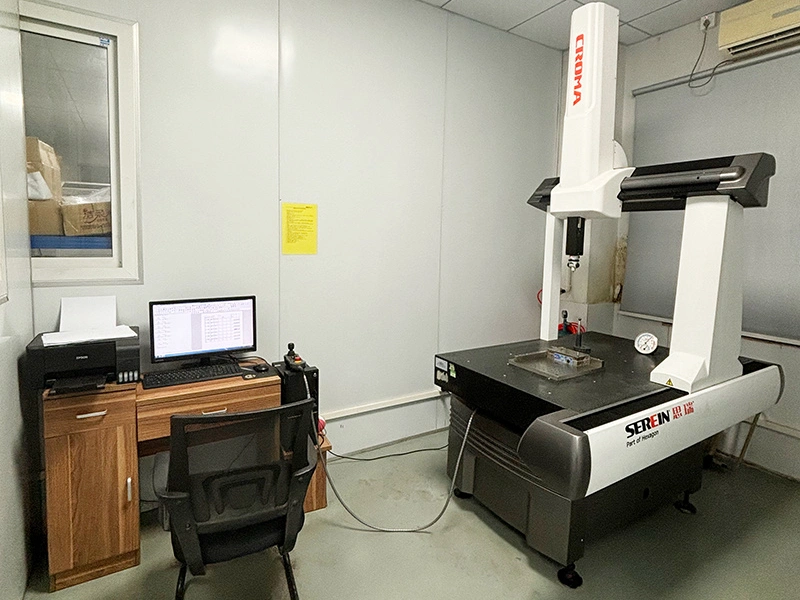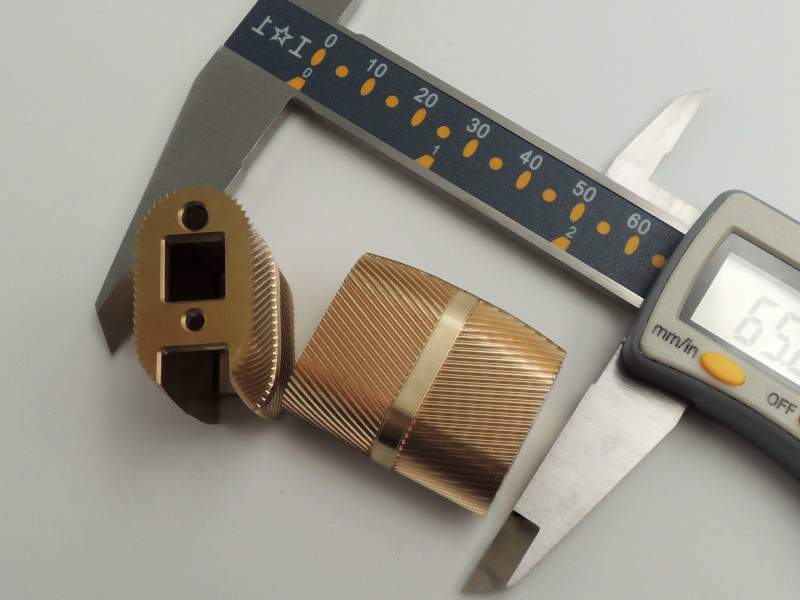How does 3 Axis CNC Milling differ from 4 Axis or 5 Axis Milling?
How Does 3 Axis CNC Milling Differ from 4 Axis or 5 Axis Milling?
Overview of Axis Configurations
The key difference among 3, 4, and 5 axis CNC milling machines lies in the number of movement directions the cutting tool or workpiece can travel during machining. In 3 axis milling, movement is limited to X, Y, and Z linear axes. In 4 axis, a rotary movement (A-axis) is added, allowing rotation around the X-axis. A 5 axis machine adds a second rotary axis (B-axis or C-axis), enabling tilting and rotation around two axes for full multi-face machining.
Capabilities Comparison
Feature | 3 Axis CNC Milling | 4 Axis CNC Milling | 5 Axis CNC Milling |
|---|---|---|---|
Axes | X, Y, Z | X, Y, Z + A (rotation) | X, Y, Z + A + B/C |
Machining Faces | 1–2 per setup | 3–4 with rotation | 5+ in one setup |
Ideal Applications | Flat parts, simple geometries | Cylindrical or side-milled parts | Complex, contoured surfaces, undercuts |
Setup Time | Moderate | Lower than 3 axis for some shapes | Minimal due to fewer repositions |
Accuracy & Efficiency | High | Higher for rotated cuts | Highest due to reduced setups |
Use Case Examples
3 Axis CNC Milling is ideal for flat surface machining such as brackets, enclosures, and aluminum housings.
4 Axis CNC Milling excels in rotary cutting tasks like gear housings or impellers, improving side access and reducing setups.
5 Axis CNC Milling handles aerospace turbine blades, medical implants, and complex mold cores, offering unmatched efficiency and angular flexibility.
Technical Advantages of Higher Axes
Surface Finish: 5 axis machining maintains optimal tool angle, improving finish and tool life.
Precision: With fewer setups, 4/5 axis machines reduce accumulated dimensional error.
Cycle Time: 5 axis reduces total machining time by eliminating manual repositioning.
Advanced Milling Services for All Axis Requirements
Neway Machining provides full-spectrum CNC milling, including 3 Axis CNC Milling, 4 Axis Milling, and 5 Axis High-Precision Milling. Our Multi-Axis Machining capability enables complex geometries, reduced lead times, and tighter tolerances across aerospace, medical, and industrial applications.



